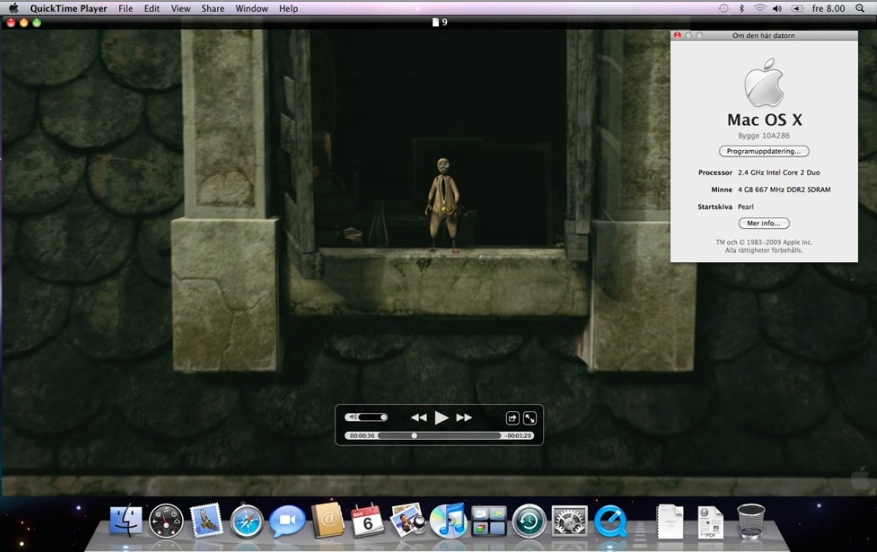Embarcing Failure (1)
Artists often talk about failure. Lots of people who haven't read much Samuel Beckett quote this line he wrote,
'Try again. Fail again. Fail better.'
I think Beckett is talking about the existential impossibility of succeeding. To succeed would be to transcend our humanity, and Beckett certainly wouldn't have been doing that. Even within the tiny framework of our understanding, success is like happiness or pleasure, it is a fleeting, transient feeling: untrustworthy and impermanent. An idea best left alone.
But there are two ways of shying away from the idea of success. Beckett, I think, is semantically uncomfortable with the word and its associations.
The people who say the quote,
'Try again. Fail again. Fail better.'
are aware of the embarrassment around the word, but they attach their embarrassment
to the word and not its meaning. This gives the quote a self-help patina; the idea that if you re-program yourself to not use the word "success", then you will obliquely, but necessarily, succeed.
The irony is that this probably
is a useful self-help technique. Evaluating your actions in terms of success and failure could cripple your ability to act. Seeing all of your actions as failures (but with failure here meaning something else, not
real failure, something more like partial success) allows you to disregard an unhelpful way of thinking.
But Beckett wasn't interested in helpful or unhelpful ways of thinking. Philosophy is not self-help. Understanding is not succeeding. Meaning is not happiness.
--
What would it mean to embrace failure - like
real failure?
I was in a writer's group on Tuesday night, and we were discussing how to write as a dickhead - as in how to write as characters who is unlikeable. The problem being to write in the voice of a character who is meant to be a dickhead
in the story, but who isn't somehow so irritating that the reader becomes annoyed
at the author who wrote the story.
In callouts for artists residencies or development opportunities, there is often an emphasis on experimentation or open projects with no pre-defined outcomes. But at the same time, there is an unwritten implication that there
will be an outcome, or that the experimentation
will lead to something concrete.
When I speak to people about performance that involves some level of interaction with the audience, we often talk about the exciting possibility of failure
within an interaction, but not the exciting possibility of the failure of the whole performance.
--
Technically, I'm on a residency - I answered a callout, emailed a proposal and now I'm here in Liverpool, thinking, making. And but also it feels like a holiday. I'm staying with friends, and last night we went to a gallery and had a beer and then came home and watched a film and talked bollocks.
A friend of theirs is staying, and so when she asked what I was doing here, I explained that I'm thinking about failure. I met Penny and Dan when I stayed with them during my 2010 residency at the Royal Standard. In a way, I wouldn't be here now if I had somehow failed in my interactions with Penny and Dan. Social situations aren't
explicitly tests, but there are ways in which you can fail them. Dan made the point that, for example, in 2010 when I stayed with them, I didn't take a shit in their bath, which would have most likely been considered a failure on my part.
There are more subtle ways you can fail. In 2010 another artist came to do the residency once I had left. When I returned to Liverpool, I asked the gallery how it had gone - whether the work was good etc. The response was not so much about the work, but more about the social interactions between the artist and the members of the Royal Standard. One example of this was that the artist had asked to be taken to where
James Bulger had been abducted. This is not
necessarily offensive, but at the same time the request implied a failure to understand the history of the place in which the artist was working.
I met a curator who had organised an exhibition in Shenzhen in China. Shenzhen is a huge city just north of the border with Hong Kong. It is one of China's Special Economic Zones, with huge amounts of money poured into its development. The curator had put on a show of work by artists from China and Hong Kong in a building inhabited by migrant workers from other parts of China who were building the huge skyscrapers that make up the Shenzhen skyline. A lot of the work in the exhibition was subtly critical of the two tiered development of Shenzhen - the poor communities and building workers live in cramped conditions in places known as City Villages. But there was an implicit agreement that the work should not get anyone in trouble. The authorities were going to visit the show and the Chinese artists were wary of creating any political tension with their work. An artist from Hong Kong installed work that was directly and intentionally antagonistic to the authorities and then left after the opening to go back to Hong Kong. The curator was distraught - she knew the authorities would not approach her, but the Chinese artists were worried that after the exhibition finished they would be regarded as politically dangerous because of their association with the exhibition.
--
The most important rules of social engagement are not laid out in words, they are implied by, and deeply embedded within, our behavioural relations. These rules are both obvious and infinitely complex. Following the rules won't necessarily lead to success, but not following them may well lead to failure.
-----
(1) I think I might have stolen "Embarcing Failure" from somewhere else.
But I googled it but it didn't come up so I'm just going to use it.


